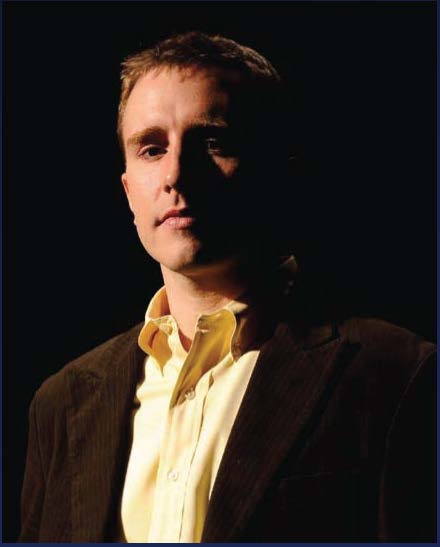
- This event has passed.
MEAM Seminar: “Integrating Manufacturing and Topological Optimization for the Design of Architected Materials and Components”
April 9, 2019 at 10:30 AM - 12:00 PM
Topology optimization has long been touted as a powerful tool capable of discovering innovative solutions to engineering design problems. It has been used to design ‘structures’ characterized at a range of length scales, from tens of microns (material architectures) to decameters (structures), for performance properties governed by a range of physics. Despite its tremendous potential as a design tool, topology optimized solutions are typically suboptimal when considering real-world operating conditions, design objectives, and manufacturing processes, and thus may require significant post-processing and re-design which is both detrimental and time consuming. This talk will review the topology optimization methodology and discuss our efforts at overcoming these shortcomings, with a particular emphasis on providing the design engineer geometric control to enable design for manufacturability. Several design examples will be presented including architected materials, components and devices that are fabricated through additive manufacturing, machining or 3D weaving, and optimized for mechanical, fluidic, and/or thermal properties.

James K. Guest
Associate Professor, Department of Civil Engineering, Johns Hopkins University
Jamie Guest is an Associate Professor at Johns Hopkins University in the Department of Civil Engineering, with a secondary appointment in Materials Science and Engineering. He is Deputy Director of the Johns Hopkins Center for Additive Manufacturing and Architected Materials, and leads the Topology Optimization Group at JHU. Jamie received his PhD in Civil Engineering from Princeton University and BSE in Civil Engineering Systems from the University of Pennsylvania. He currently serves as Secretary-General of the International Society for Structural and Multidisciplinary Optimization (ISSMO), as Chair of the ASCE Technical Committee on Optimal Structural Design, and on the Editorial Board for multiple journals. He received the 2015 Engineering Mechanics Institute (EMI) Leonardo da Vinci Award and the Walter L. Huber Research Prize in 2017, both from the ASCE.
